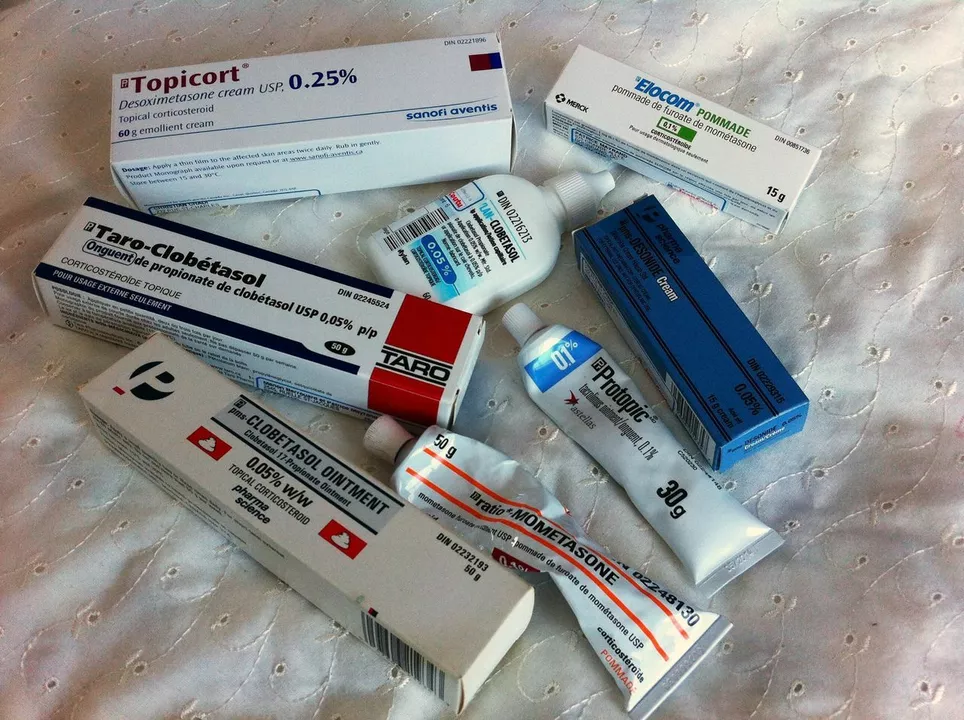Eczema Explained – Quick Relief for Itchy Skin
If you’ve ever scratched a red patch until it hurts, you probably know what eczema feels like. It’s more than just dry skin; it can ruin a good night’s sleep and make simple chores feel painful. The good news? You don’t need a pharmacy degree to keep it under control.
What Is Eczema?
Eczema, or atopic dermatitis, is an inflammation of the outer skin layer that makes it red, itchy, and sometimes scaly. It shows up most often on elbows, knees, hands, and face, but it can appear anywhere. The condition isn’t contagious and often runs in families, so if a parent has it, kids might get it too.
Typical signs include dry patches that flare after washing, sweating, or exposure to irritants. The itch‑scratch cycle is the biggest enemy – scratching damages the skin barrier, inviting more inflammation and even infections.
Everyday Ways to Keep It Under Control
The single most powerful tool against eczema is moisture. Apply a thick, fragrance‑free cream or ointment within three minutes of getting out of the shower while your skin is still damp. This locks in water and reduces the urge to scratch.
For flare‑ups, over‑the‑counter hydrocortisone creams (1%) can calm redness for a few days. If the itch is intense, an oral antihistamine taken at night often helps you sleep better. Remember to test any new product on a small area first to avoid further irritation.
Prescription options include stronger steroids, calcineurin inhibitors, or newer biologic injections for severe cases. These are best discussed with a dermatologist who can match the treatment to how bad your symptoms are and where they appear.
Beyond creams, lifestyle tweaks make a huge difference. Wear soft cotton clothing instead of wool or synthetics that rub against the skin. Keep nails short to limit damage when you inevitably scratch. Managing stress through short walks, breathing exercises, or hobbies can also lower flare frequency.Watch your diet, too. Some people notice fewer eruptions when they cut back on dairy, nuts, or gluten, especially if they have food sensitivities. Keeping a simple symptom diary helps spot patterns without turning every meal into a science experiment.
If you see signs of infection – like pus, swelling, or a fever – call your doctor right away. Also seek professional help if the rash spreads quickly, doesn’t improve with OTC treatments after two weeks, or if you’re unsure what’s causing it.
Bottom line: eczema is manageable when you combine consistent moisturizing, smart product choices, and a few everyday habits. Stick to these basics, adjust as your skin tells you, and you’ll spend more time enjoying life than battling itchy patches.
Topical Pimecrolimus: A Safer Alternative to Steroid Creams for Eczema
As someone who suffers from eczema, I'm always on the lookout for effective treatments. Recently, I came across topical Pimecrolimus, which is considered a safer alternative to steroid creams. Unlike traditional steroid creams, Pimecrolimus doesn't cause skin thinning or other side effects. It works by suppressing the immune system's overreaction, which often leads to eczema flare-ups. I believe this could be a game changer for those of us seeking relief from the discomfort of eczema.
